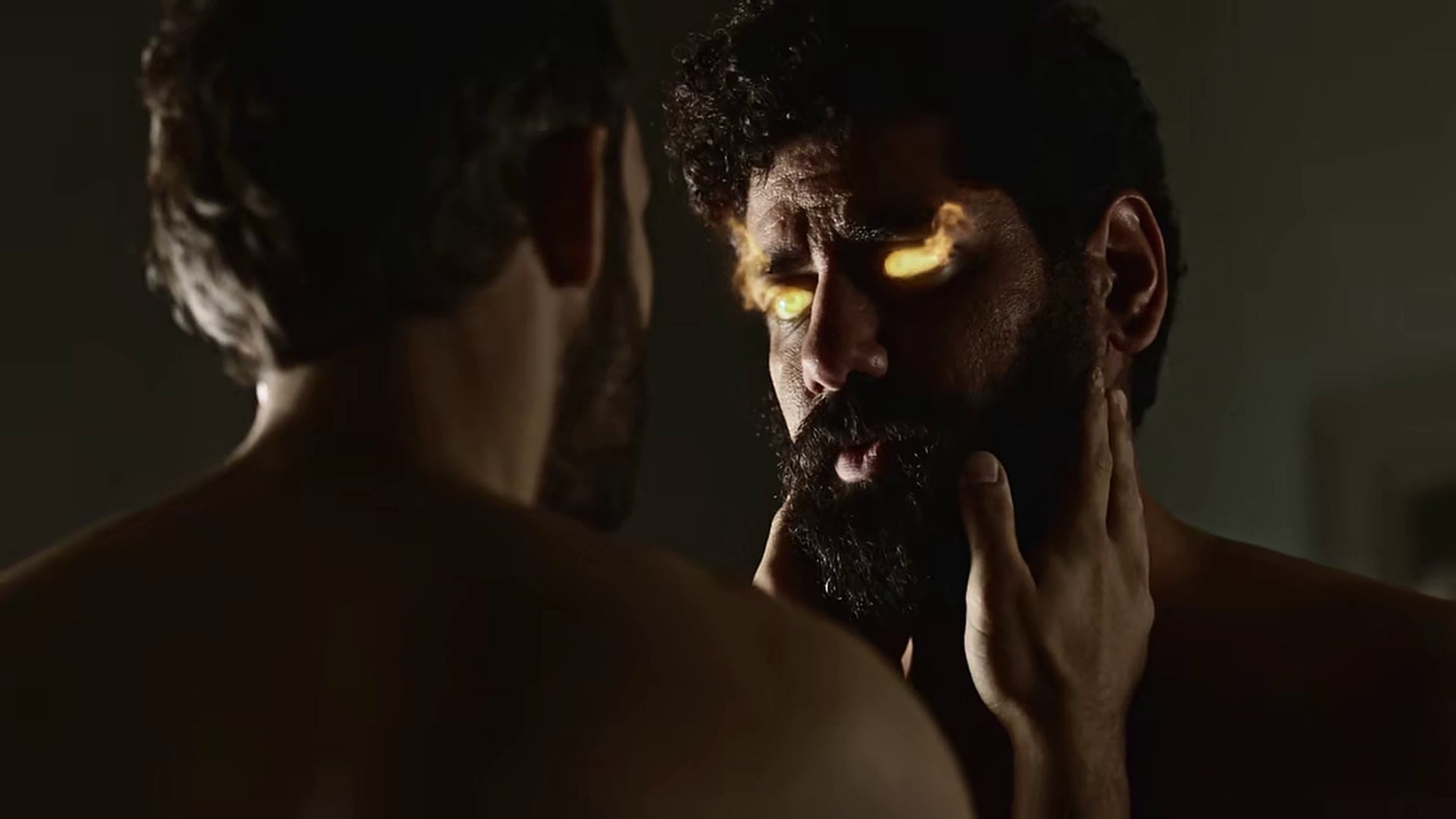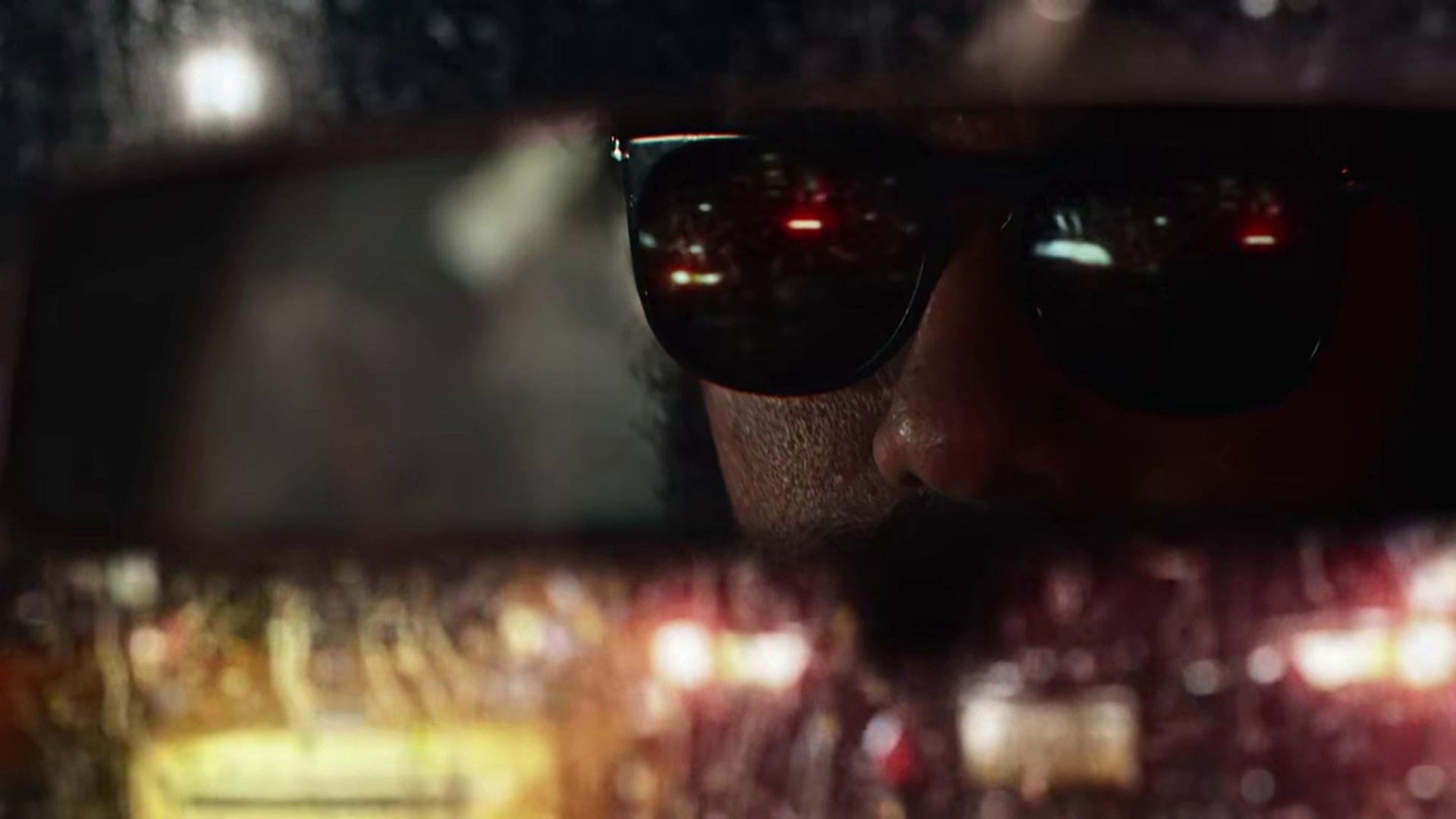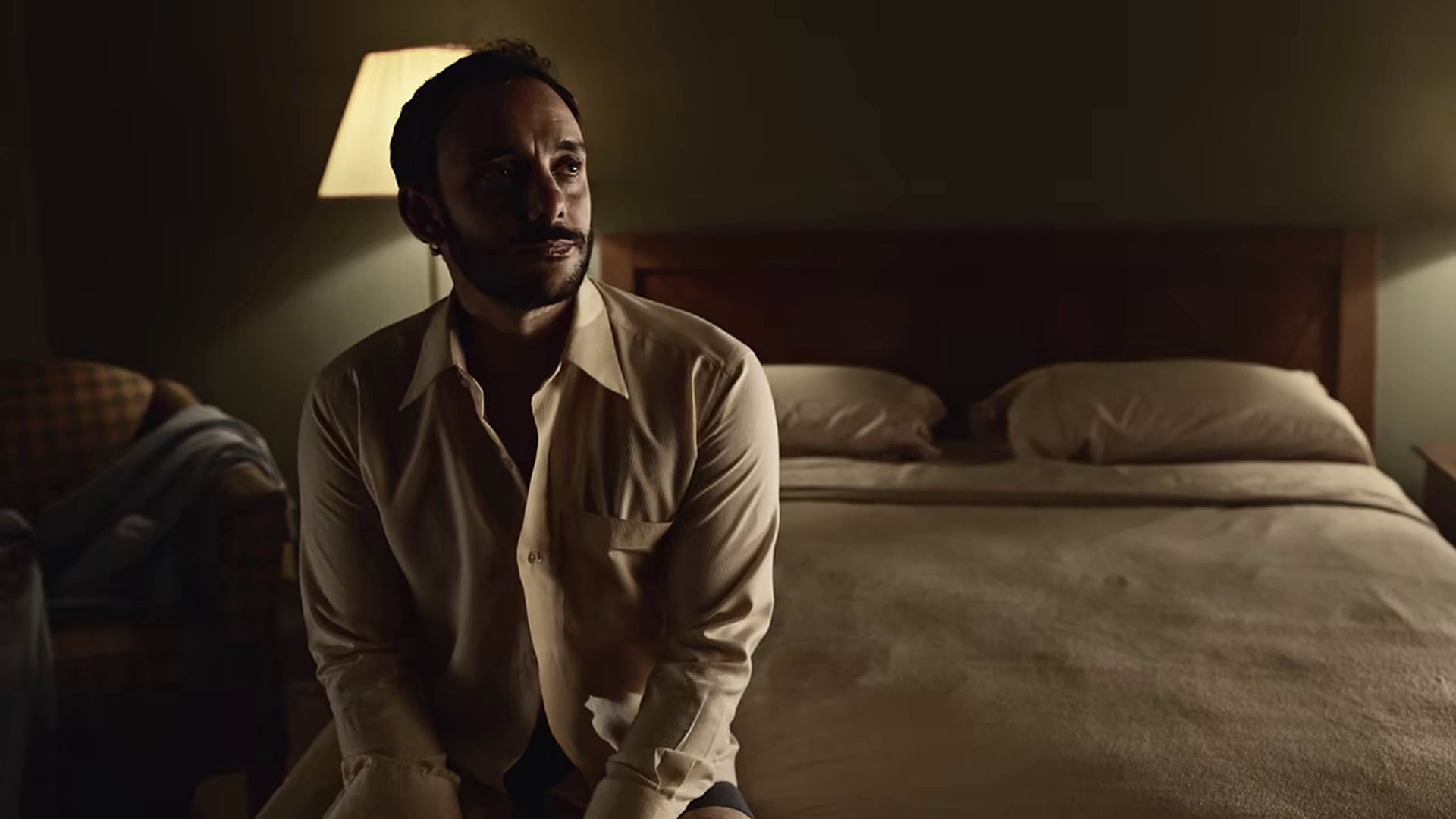--------
Throughout the history of media, the portrayal of sex has been consistently met with varying shades of outrage. Yet no graphic depiction has felt the wrath quite like that of homosexuality.
This week, American Gods offered up a new addition to the canon – and in terms of male gay sex on television, it was a game-changer: an explicit, frank and deeply intimate moment between two Muslim men of colour.
The way sex between men is shown on TV depends on what you’re watching. In more boundary-pushing representations – such as in the graphic scenes from How to Get Away With Murder – it drips with debauchery. In other progressive shows, such as Josh Thomas’ lauded Please Like Me, it’s presented with the kind of fumbling awkwardness so known to gay millennials.
And then, of course, there’s the “straight-friendly” mainstream takes, in which the gay man is often depicted as almost entirely sexless – see Will & Grace, or the gay couple in Modern Family.
Based on the Neil Gaiman novel of the same name, American Gods follows the journey of an ex-con named Shadow Moon, enlisted as the bodyguard of an actual god – one of many brought into existence by the sheer belief of their worshippers. Moon is taken on a journey of deities and mystical creatures, who are living in uncanny harmony with our world.
Each episode includes a “Coming to America” sequence, which depicts how these divine beings interact with humans. And in Sunday’s episode, we saw an Omani salesman named Salim (Omid Abtahi), face worn from the trials of his tedious job, step out of the rain and into a taxi – which happened to be driven by a djinni in human form (played by Mousa Kraish): a supernatural creature from early Arabian and Islamic mythology, with fire burning in his eyes.
The two sit in the city traffic and engage in small talk about their lives. When Salim attempts to wake the sleeping djinni, who has dozed off in the drivers’ seat, he witnesses what his driver truly is with a glimpse of those fiery eyes. Their conversation becomes meaningful, as the two discover more of one another from the confines of the cab. The djinni jokes that people always ask him to grant wishes.
The two sit in the city traffic and engage in small talk about their lives. When Salim attempts to wake the sleeping djinni, who has dozed off in the drivers’ seat, he witnesses what his driver truly is with a glimpse of those fiery eyes. Their conversation becomes meaningful, as the two discover more of one another from the confines of the cab. The djinni jokes that people always ask him to grant wishes.
Salim offers the djinni his hotel room number, and what follows is arguably one of the most explicit man-on-man sex scenes ever aired on mainstream television. But the sequence is more than simple titillation; it is a truly evocative and emotional vignette. We see vulnerability laid bare upon a hotel bed, when the weakened Salim meets another worn soul – no matter how fantastical – and each offers the other refuge from their loneliness.
And it all happens between two gay Muslim men, a section of the population stigmatised from all sides who barely get a look-in on mainstream TV. In that, even the casting becomes groundbreaking.
TwitterPinterest
Intimacy between men is something that both the straight and gay communities have struggled to depict with honesty for decades. The mainstream straight community has tarnished our sex lives, rendering our desires as somehow intrinsically damaged. This happens in the real world as a consequence of the fear that sprung up from the AIDS crisis, and it also happens on our screens – seen recently when director Bill Condon revealed his remake of Disney’s Beauty and the Beast would feature a warm-hearted and exclusively gay moment, a fact that sent shockwaves of outrage through the conservative world.
Which is why this chapter in American Gods between Salim and the djinni offers so much more than the usual; it takes a series of taboos and transforms them into a 10-minute long sequence which literally transports the men up into the heavens mid-way through the act, and which fulfils desires we all share – desires for unconditional love, and comfort.In mainstream gay television, sex is presented as something wielded with reckless abandon in shows like Queer As Folk or, more recently, Looking. It’s the same hyper-sexualised imagery that feeds gay nightclub advertorials and community events: images of ripped studs and beefy bodies, a focus on aesthetic glory. In our fight to gain the freedom to be sexual, and in defiance of societal typecasting, we’ve abandoned sensitivity in favour of eroticism, and embraced sexiness over sympathy – and sometimes even over soul.
“I do not grant wishes,” the djinni says. To which Salim replies: “But you do.”
When such intimacy between two men can be broadcast to an audience of millions, we are shown that the ways of portraying gay sex can be reframed. That sex between men – even men who are strangers – can be as tender, loving and vulnerable as any other, from the comfort of a warm bed.



No comments:
Post a Comment